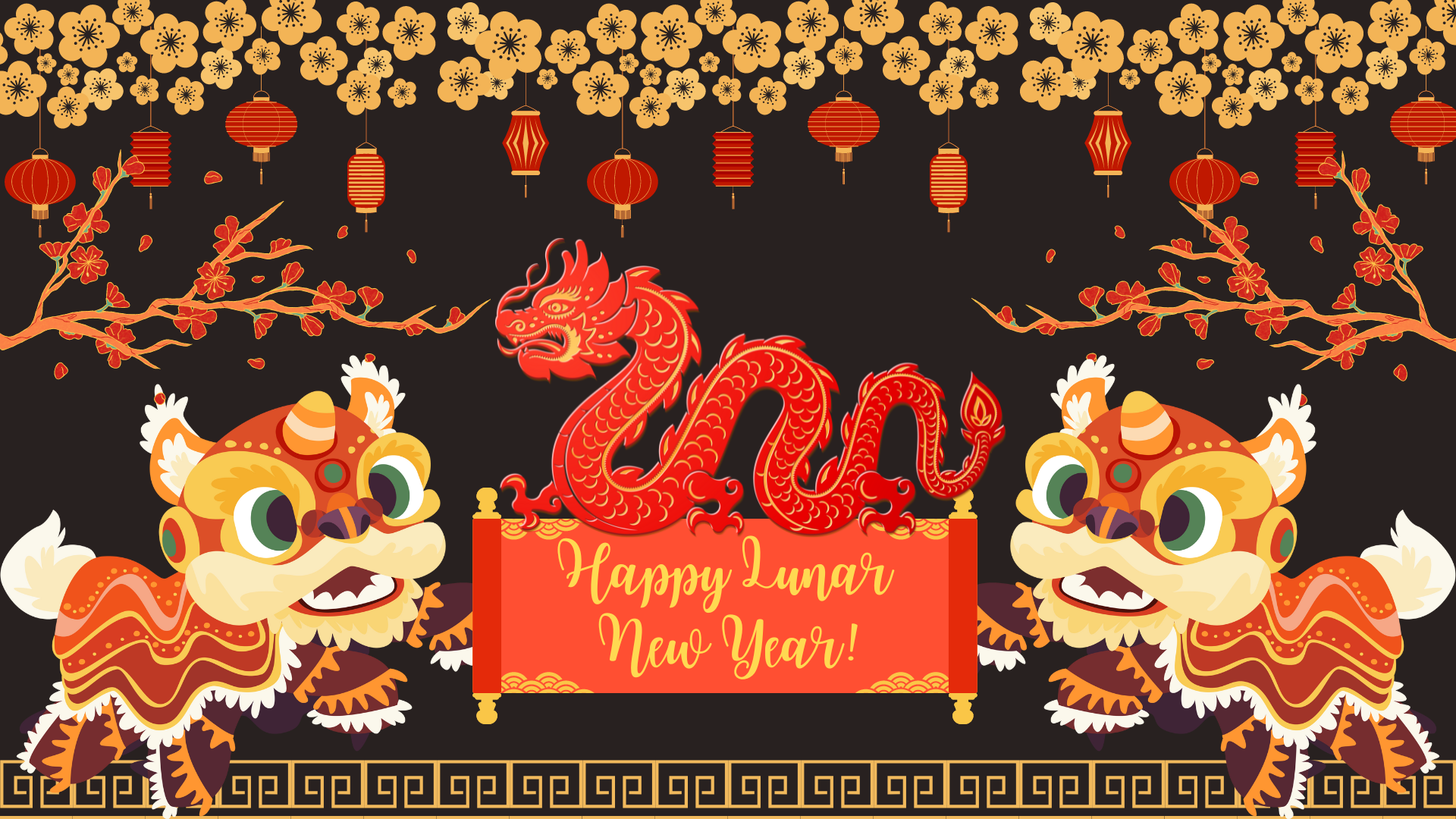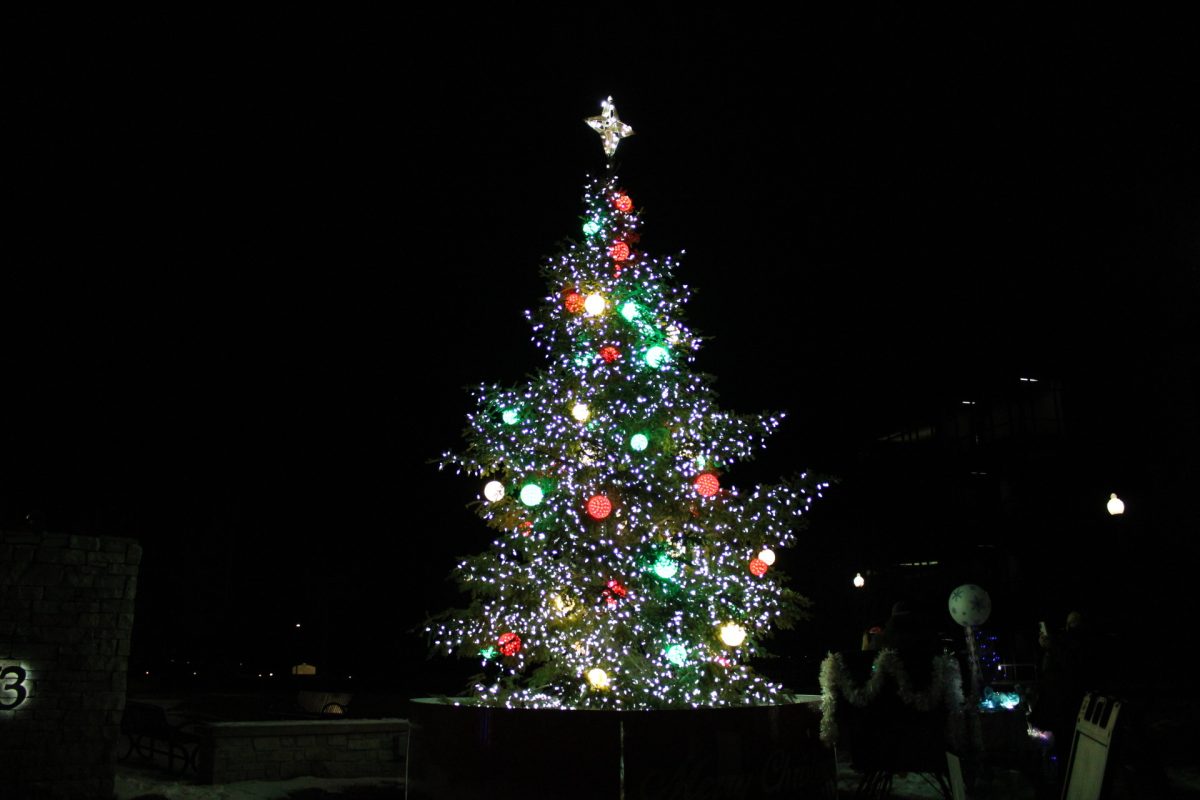In 2024, the world will be celebrating the Lunar New Year, also known as the Spring Festival, an important traditional festival in East Asian countries, especially China. This year, the Lunar New Year will begin on Feb. 10, marking the start of the Year of the Dragon, and will end on Feb. 25. According to the Chinese zodiac, the dragon symbolizes good fortune, strength and power, and it is believed to bring good luck and prosperity.
One of the most important traditions of the Lunar New Year is a family reunion dinner, also known as the “tuan yuan fan.” This dinner is usually held on New Year’s Eve and is a time for family members to come together and enjoy a feast of traditional foods. Some of these foods have special meanings, such as dumplings representing wealth and prosperity, and fish, which symbolizes abundance.
Another important tradition is the giving of red envelopes, or “hongbao,” which contain money and are given as gifts to children and unmarried adults. Red is considered lucky in Chinese culture and is believed to ward off evil spirits.
Lunar New Year is also a time for cleaning and decorating. Many people will clean their homes before the start of the new year to sweep away any bad luck from the previous year. Red decorations, such as lanterns and banners with auspicious phrases, are also put up to bring good luck and happiness.
In addition to these traditions, cultural performances and activities take place during Lunar New Year, such as dragon and lion dances, traditional music and dance performances and fireworks displays.
The Lunar New Year is a time for reflection, renewal and celebration, and it is an important part of Chinese and East Asian culture. As the community looks forward to the Year of the Dragon in 2024, they can all learn from the traditions and customs of this special holiday and embrace the spirit of good fortune and prosperity.









Zehthan • Nov 1, 2024 at 8:40 AM
awesome!